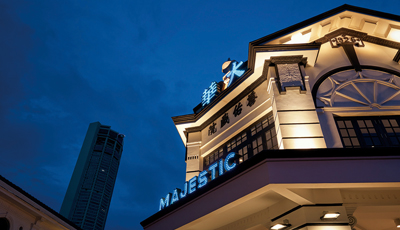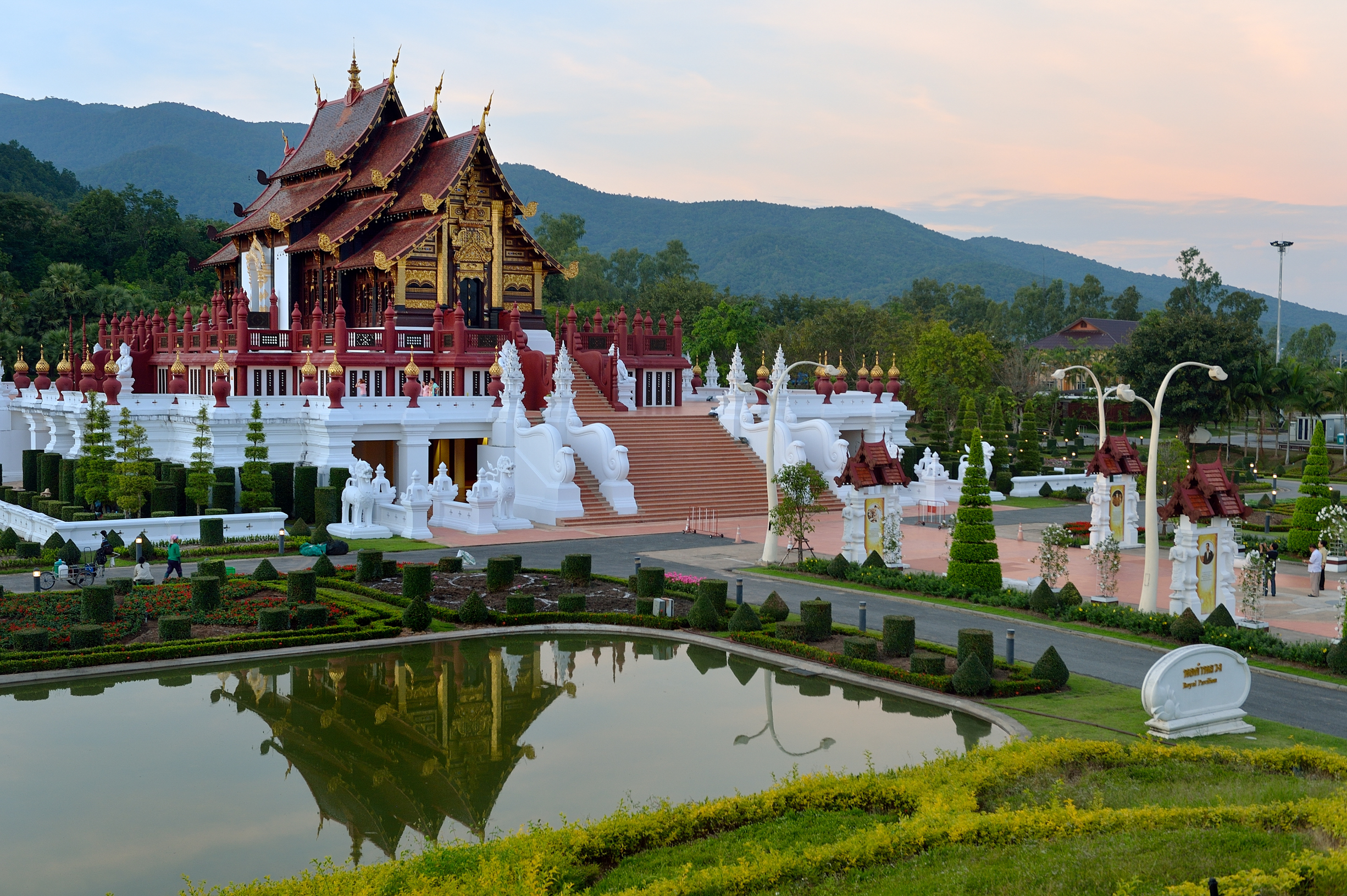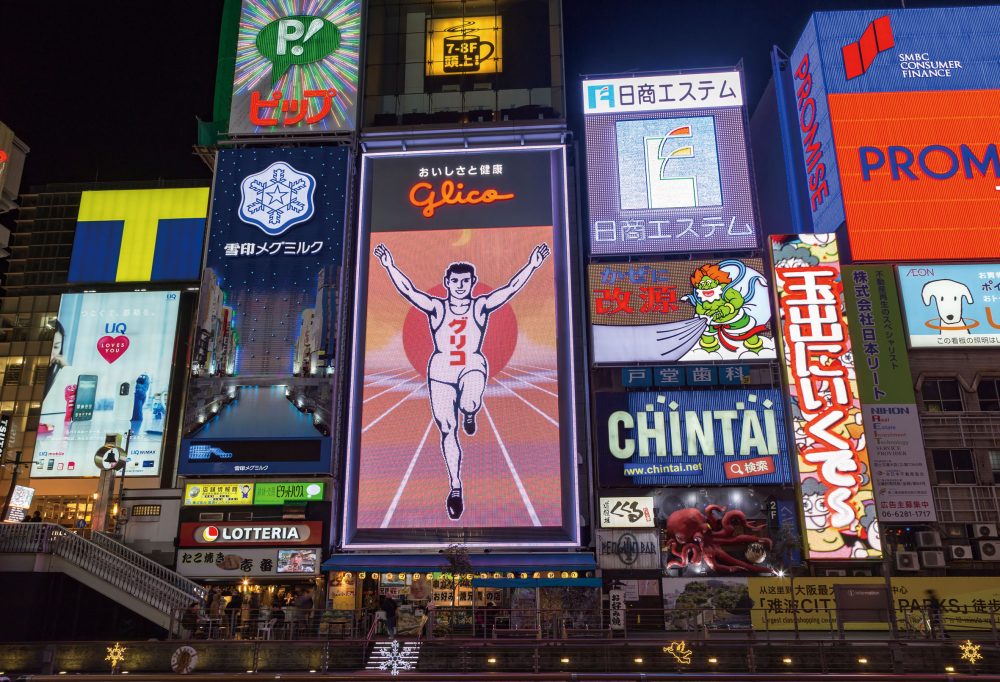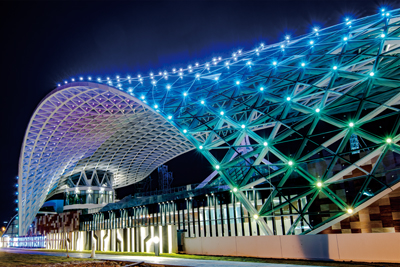
Penang’s new SPICE Convention Centre (main picture), the flagship events space in the Setia SPICE complex, opened its doors in early March. It marks the first step in turning the Malaysian state, known for its multicultural identity and the heritage of its capital George Town, into an international business events destination.
Penang has long done well with smaller meetings and incentives, in no small part due to the charms of George Town’s architecture and food.
According to the Penang Convention and Exhibition Bureau’s 2016 review, the state hosted 1,251 events over the year, with a total of 142,000 participants having an estimated economic impact
of about US$181.5 million.
Penang bureau draws over 1,250 business events, review shows
Now it wants to up its game, to handle more and bigger events, and in that, SPICE – Subterranean Penang International Convention and Exhibition Centre – is merely the appetiser. Next on the menu is an even bigger centre, to be called The Light. Due to open in 2121, it will be up to three times the size of the 8,000-capacity SPICE Convention Centre.
The step change in built infrastructure is being matched by organisational developments. The state was one of the first in Malaysia to open a dedicated MICE office – Penang Convention and Exhibition Bureau (PCEB) – which today works closely with its national counterpart, MyCEB, while also reaching out to form alliances with regional and international event planning bodies.
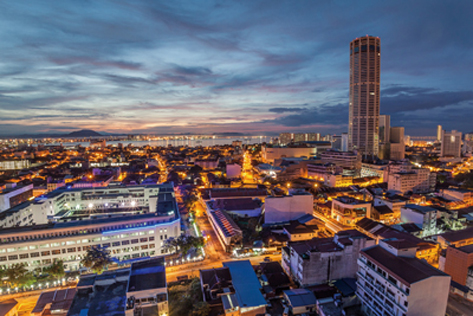
Park greenery
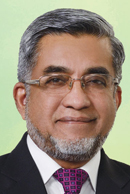 State Minister for Islamic Affairs, Domestic Trade and Consumer Affairs, Datuk Abdul Malik Abul Kassim (right), explains that it all began in March 2008, when the present state government came to power.
State Minister for Islamic Affairs, Domestic Trade and Consumer Affairs, Datuk Abdul Malik Abul Kassim (right), explains that it all began in March 2008, when the present state government came to power.
“We looked at diversifying the economy,” he says. “We saw something that is missing in Penang, which is an international-level expo and convention centre.”
They focused on the potential of the spacious site about the dilapidated, 10,000-capacity Penang International Sports Arena (PISA) and opened the project to tender. They quickly ran into problems.
“We faced a lot of criticism from the public that we were taking away the park,” says Malik, “We were taken to court actually.”
Malaysia meetings leader uses prize to help save orangutans
They amended the proposal, mandating that the winning bid should maintain the acreage of greenery found in the park. Malaysian construction company, SP Setia, won with a design that included burying the new convention centre, roofing it with grass and adding a children’s play area and spice garden. The latter is intended as an on-site incentive for conference attendees, as well as a resource for the site’s kitchens.
Though Setia had wanted to knock down the old arena itself, the State Government was loathe to lose the capacity to host events while the convention centre was being built, so they opted for refurbishment instead. The Aquatic Centre has also been upgraded and a 59-lot retail space, known as the Canopy, added.
The development’s own hotel is scheduled to open in 2019, adding to the accommodation already close at hand. That includes the Olive Tree Hotel, right across the road, and the venerable Equatorial, with its own history as an events hub, sitting in leafy exclusion alongside a golf course, yet less than a 10-minute drive away.
At the same time, piles are already being driven into the ground at The Light, a sprawling complex a little further north up the coast.
“We want to think big,” says Malik. He cites Bangkok, Jakarta and even Singapore as competitors and highlights medical and environmental events as particular targets.
ICCA chief praises Sarawak’s congress hosting
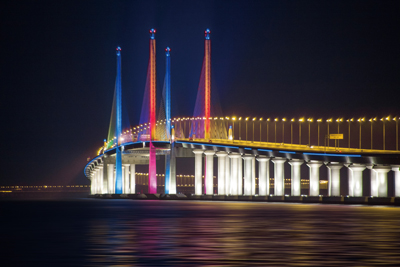
 Building bridges
Building bridges
Other Malaysian states are not standing still. “More and more state bureaus are being formed – in the next year, there are maybe three more,” says Ashwin Gunasekaran (left), CEO of PCEB, but he stresses the role of the national bureau, MyCEB, in encouraging cooperation.
ICCA Malaysia elects committee chairs ahead of meetings day
“Assuming Penang does not win the bid, I’d rather that piece of business stays in Malaysia,” says Gunasekaran. “But we have also moved on to other regional countries where we have several alliance partners because we know that if we win that business, we won’t win that business for the following years. I would rather forward that business [to an ally].
Adelaide, a sister city of Penang, is especially close. “Adelaide is very strong on association business, and they have been sharing with us how they look at association business and how they target this business,” he says.
Gunasekaran adds that it’s been a similar learning process with incentives as both sides discuss challenges such as winning over the strong India and China markets. “I’d very much say incentives are a given for Penang,” he says. “As that has grown, we’ve moved into meetings and conferences. A few international hotel brands are now coming in: all are catering for meeting spaces within the hotel, so it’s very clear they want a piece of the pie.”
Kuala Lumpur trio show off meeting and event flexibility
More than 20 hotels have joined PCEB’s Industry Partner Programme, alongside local PCOs and DMCs. Gunasekaran describes an approach where the hotel seeking event business first pitches “the DNA of Penang” – ease of access, venues, pre- and post-meeting activities – and only then do they mention where the hotel is and what it has to offer.
“One of our responsibilities is to inform people of the scale of connectivity we have,” he says. “We can capitalise on direct flights from Singapore and Bangkok and Hong Kong.”
In all, Penang has more than 200 international flights a week and almost twice as many domestic. The city is already talking to airlines about more connections to India, and through Dubai and Abu Dhabi to Europe.
According to Gunasekaran: “People have been looking forward to our convention centre being ready. SPICE’s calendar is full.”
Unique venues
The Habitat – Penang Hill’s newest attraction offers education and adventure in a natural setting. Later additions may even extend to a transparent, air-conditioned marquee sat in the jungle for board meetings with a difference.
Tropical Spice Garden – Surrounded by forest and overlooking the beach, the venue offers a new pavilion that suits small groups and hosts regular cooking classes.
The Majestic Theatre (below) – A 1920s venue reborn, with a funky vibe and 2,400 sqm, pillar-free interior and stage.
Hin Bus Depot – A left-of-field indoor and outdoor art space with gallery, deck, lawn and garden options, with a capacity for 1,000 pax.
Suffolk House – The former home to Penang’s colonial governors now offers an elegant venue for meals and smaller functions with two halls for 200 people each and breakout rooms.
